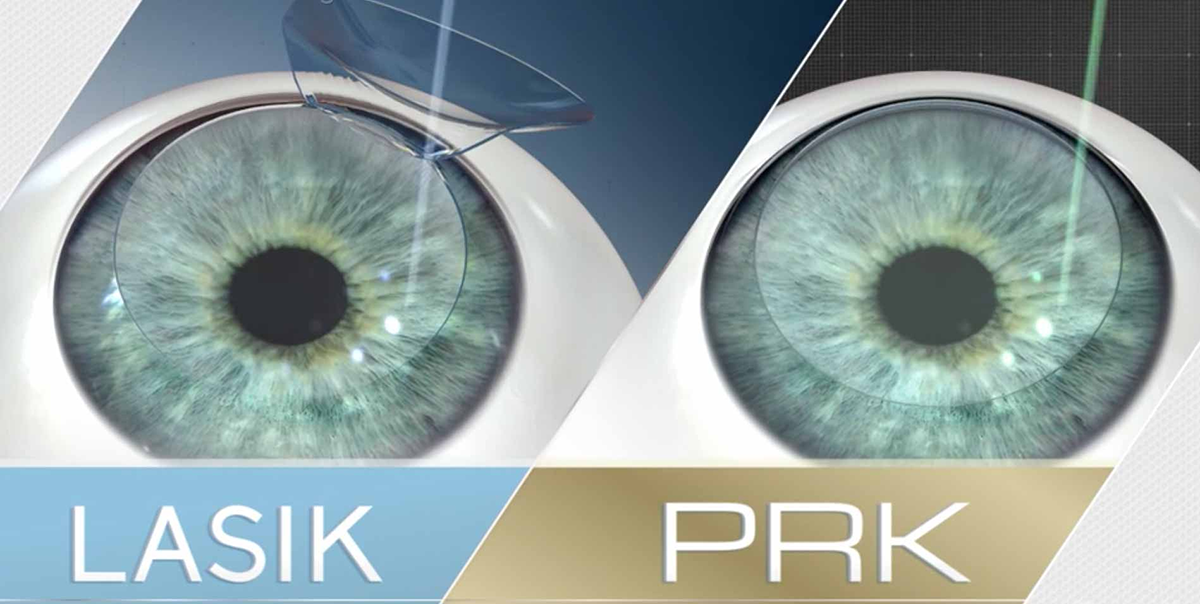The best perks of getting a LASIK are that you can go home the same day, heal is quick, and resume everyday daily life in the next couple of days. One of the most exciting parts of resuming daily life back is getting into the pool, walking in the rain! Interaction with the water is entirely different after LASIK than what it was before when you had to wear glasses or lenses.

Swimming After LASIK
After the LASIK procedure, the eyes are more sensitive and vulnerable to infection. The water in the pools contains chloride and can cause problems to your eyes during the healing period.
Other swimming spots like lakes, which have intreated water, may also contain infection-causing bacteria. It is highly recommended to wait for a few weeks before you hit the pool again.
Bathing or Showering After LASIK
Patients can take a shower or bath after the LASIK Procedure, but be very cautious and keep their eyes protected from water, soap, hair care products, or any other washing liquids. Do not rub your eyes as it may cause burning and irritation, may wrinkle the corneal flap made during the surgery. It is highly recommended to wait for a few weeks before you hit the shower again.
Facewash After LASIK
Surgeons do not recommend facewash to prevent the eyes from infection. Patients are advised to wait for a day or two. Patients must be cautious for 7 to 10 days to keep water, soap, hair care products away from the eye.
If you’re thinking of undergoing LASIK to get perfect vision and get rid of Glasses or Contact lenses, do not hesitate to consult. We will help you find out which LASIK procedure is the best suitable for you and guide you in detail about the pre-and post-surgery cautions.
Click here to book an appointment or call 1-866-600-3937.






